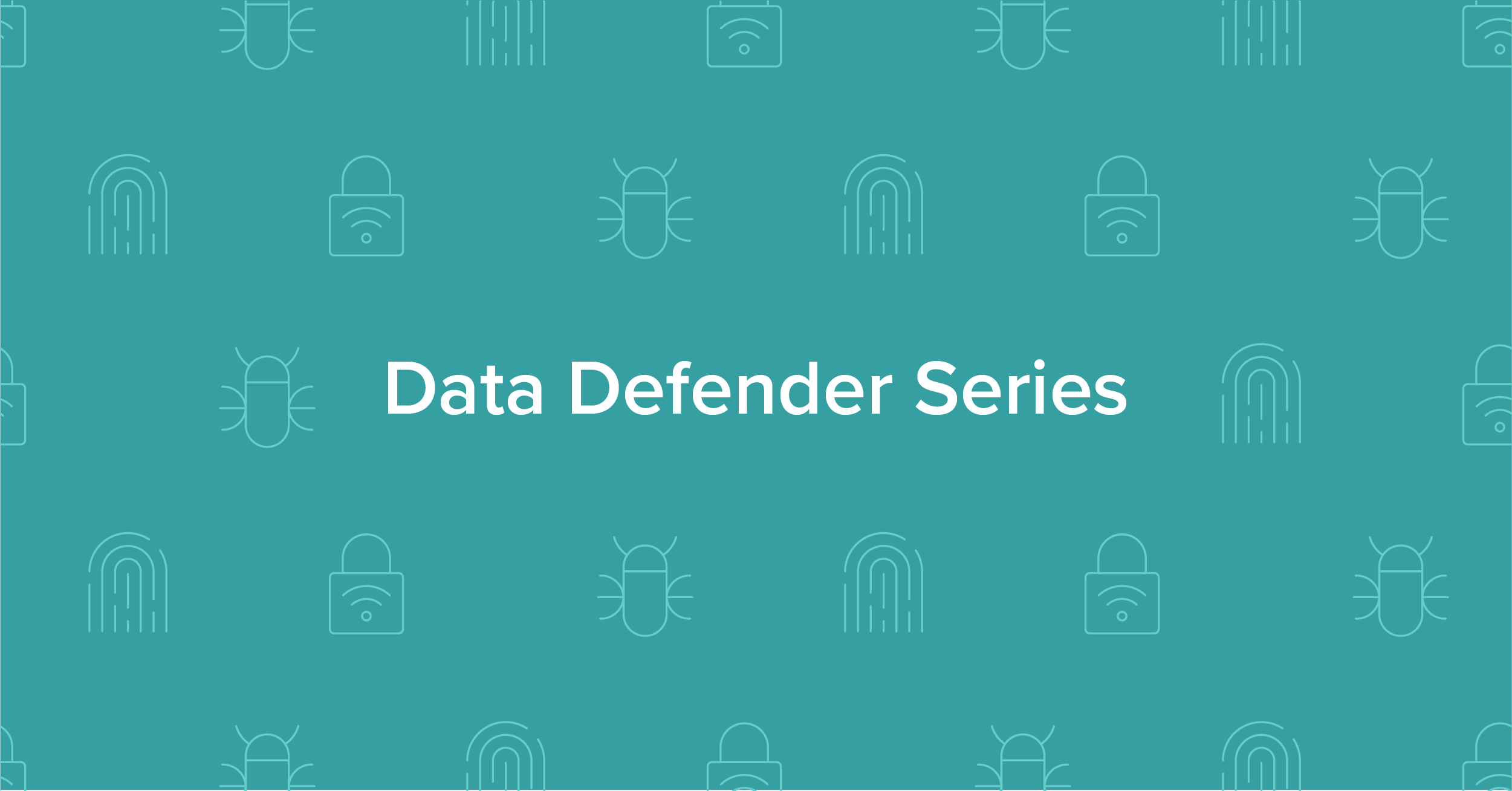
This is the first installment in a series of articles written by Alan Mark, the data privacy and legal expert at doxy.me. He writes about privacy, data protection, international data policies, and more. We think you will enjoy learning more about these important topics!
Privacy In The News
- There is some progress regarding a U.S. federal privacy law with numerous pending bills related to an individual’s right of action and surveillance advertising. Unfortunately, there is no consensus on when—or if—these bills will pass.
- More states, such as Vermont, are introducing their own privacy bills. This means more challenges for businesses that operate in various states. Tracking differences in laws takes time and is subject to legal interpretation.
- In “big data” news, both Facebook and Google have had unfavorable court rulings related to their deceptive collection of personal data.
- The U.S. National Institute of Standards and Technology released new guidance for performing assessments of privacy and security controls within systems and organizations. This will assist companies large and small in better securing their systems.
Back up, Back up, Back up Your Important Data
There are many things we take for granted in a modern society, such as a safe home, a safe work environment, and quick emergency response. Yet, in 2021, depending on where you lived and the choices you made, those expectations were disrupted. Hurricanes, floods, fires and most recently, tornadoes caused considerable damage, injuries, and death—and we can’t easily blame anyone. Those were natural disasters.
Natural disasters don’t just impact homes. They impact businesses as well. And while we like to think that our personal and health data are well protected, quite a bit of information still exists on paper—and not always backed up properly.
Besides the mental and physical toll, it can be tough to piece back together one’s life. Missing records, unknown account numbers…you may need to reveal many personal details to receive assistance.
Consider backing up your personal docs (and photos) to locations outside your home. Online services are cheap. External hard drives are super cheap ($100 for 2TB) and easy to grab in the event of an emergency.
Natural Disasters, Criminals, and Privacy
After every natural disaster, criminals prey on those impacted. They steal identities, promise to send money once bank account details are provided, and even threaten legal action if personal data aren’t revealed.
Man-made disasters, including potential military conflicts, also upend people’s lives in unimaginable ways. We are seeing this in Ukraine as well as other countries.
In a disaster, we can replace lost or damaged physical items. We can’t, however, replace our identities. Data Privacy Day (observed every year on January 28th) was established in 1981, long before smartphones and tracking devices; long before companies collected massive amounts of data on individuals. The basic concept still remains true: privacy is a basic human right that should be respected and not exploited by others.